Categories > Guides and Tips
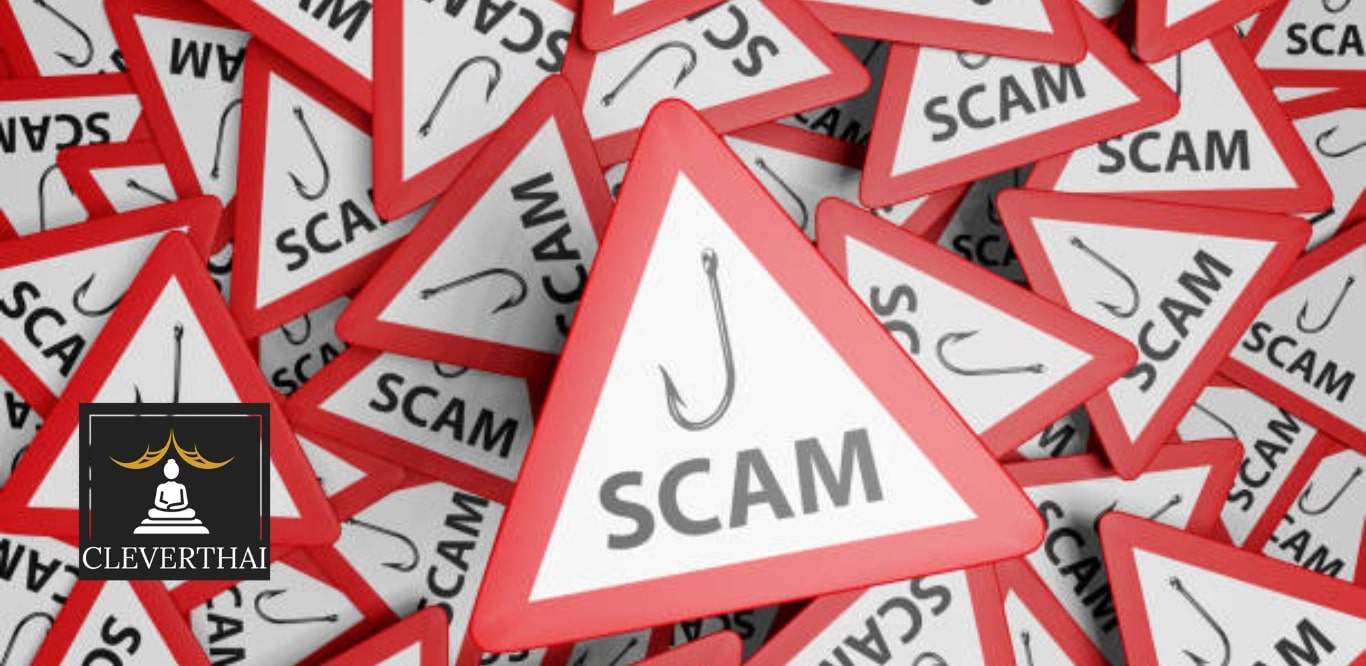
Top 15 Tourist Traps to Avoid in Thailand
- Jet Ski and Motorbike Rentals Scams
- Gem Scams
- "This Place is Closed" Scam
- Fake Travel Agencies and Tour Packages
- Elephant Riding and Animal Exploitation
- Overpriced Souvenirs and Markets
- Taxi Metre Tampering
- The Car Accident Scam
- Fake Police Officers and "Tourist Police" Extortion
- Cheap Tailor Scams
- Wrong Change / Wrong Note Scam
- "Special" Massage Parlours in Touristy Areas
- "Lucky" Buddha Amulet Scams
- The Drinks and Menus Scam
- Phoney Charity and Donation Requests
Like any tourist hotspot, Thailand has certain places and practices that can trap unwary visitors into scams or tourist traps.
To ensure you have a smooth and enjoyable trip, it’s important to be aware of these pitfalls and avoid falling into them. In this guide, we’ll guide you on some top tourist traps to watch out for in Thailand and how to avoid them!
Jet Ski and Motorbike Rentals Scams

Renting a jet ski or motorbike can be a thrilling way to explore Thailand’s beautiful coastlines and scenic roads.
However, some rental operators are notorious for scamming unsuspecting tourists. They may claim damages or scratches that were already there, leading to inflated repair costs.
How to Avoid It: To avoid this trap, thoroughly inspect the vehicle before renting, take pictures of any existing damages, and ensure you have a written agreement with the rental operator.
Also, be cautious of pushy rental agents who insist on exorbitant upfront fees or refuse to provide proper documentation
Gem Scams

Thailand is renowned for its gemstone trade, but unfortunately, it has its fair share of gem scams.
Dishonest gem sellers may try to sell you low-quality or synthetic gems at inflated prices, claiming they are rare and valuable. It’s essential to educate yourself about gemstones or seek expert advice before making any purchases.
How to Avoid It: Only buy from reputable jewellers who provide certifications for the authenticity and quality of the gemstones.
“This Place is Closed” Scam

Beware of individuals who approach you claiming that a particular attraction or place you’re heading to is closed for the day, offering alternative options instead.
They may have ulterior motives, such as taking you to specific shops or services where they earn a commission.
How to Avoid It: To avoid falling victim to this scam, verify the status of the place independently, either by checking official websites or consulting with trusted locals or hotel staff.
Fake Travel Agencies and Tour Packages

In the pursuit of convenience, it can be tempting to book tours and travel packages from seemingly legitimate agencies. However, some fraudulent operators are skilled at creating enticing offers that turn out to be nothing more than a disappointment.
How to Avoid It: To protect yourself, research and read reviews about the agency before making any payments. Ensure that the agency is licensed and registered with the Tourism Authority of Thailand.
It’s also advisable to compare prices and itineraries from multiple sources to avoid overpaying or falling for deceptive deals.
Elephant Riding and Animal Exploitation
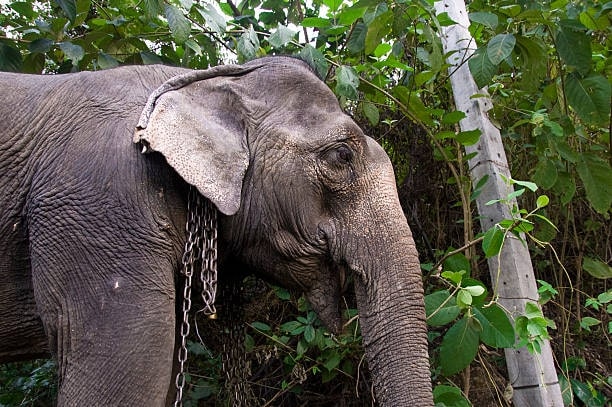
Interacting with elephants is a popular activity among tourists in Thailand. However, it’s crucial to be mindful of the ethics surrounding elephant riding and animal exploitation.
Many elephants used for riding are subjected to cruel training practices and live in inadequate conditions.
How to Avoid It: Opt for ethical alternatives such as visiting reputable elephant sanctuaries or conservation centres that focus on the well-being and conservation of these majestic creatures.
Support organisations that prioritise their welfare and provide educational experiences instead of exploitative activities.
Overpriced Souvenirs and Markets

When exploring local markets and souvenir shops in Thailand, it’s important to be aware of overpriced items targeting unsuspecting tourists. Some vendors may inflate prices, especially in popular tourist areas.
We advise to keep an eye out for quality and authenticity, especially when purchasing traditional handicrafts or unique souvenirs.
Some local vendors may also try to deceive you by giving you overpriced rates on street foods.
How to Avoid It: To avoid paying exorbitant amounts, consider shopping at local markets away from tourist hotspots, where prices are usually more reasonable.
Don’t be afraid to negotiate and compare prices between different vendors to ensure you’re getting a fair deal.
Taxi Metre Tampering
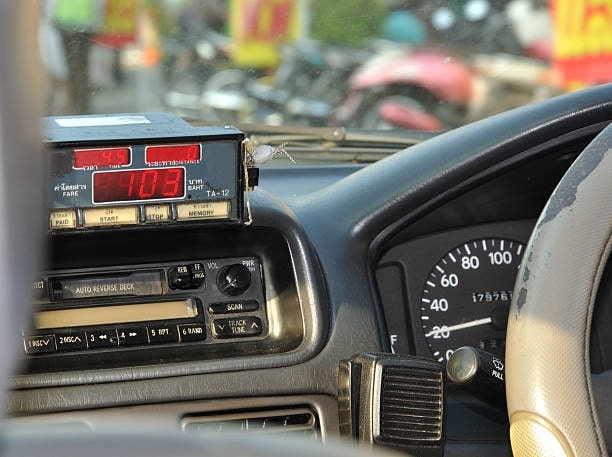
Taxi metre tampering is a common issue in Thailand that can occur not only in regular city taxis but also at airports. Some dishonest taxi drivers may manipulate the taxi metres to overcharge unsuspecting passengers.
It is recommended to use the official airport taxi services, which have designated counters inside the terminal. These taxis are regulated, and the fares are fixed based on distance or zone rates.
How to Avoid It: To avoid this scam, always ensure that the metre is switched on at the start of the journey and politely insist on using it.
If a driver refuses to use the metre or insists on a fixed price that seems unreasonable, consider finding another taxi.
Additionally, familiarise yourself with the approximate fares for common routes to have a general idea of what to expect.
The Car Accident Scam

In some unfortunate cases, tourists in Thailand may fall victim to the car accident scam. Dishonest individuals may intentionally cause minor accidents with rental cars or motorcycles and then demand excessive compensation for damages.
How to Avoid It: To protect yourself, drive defensively and follow traffic rules diligently. In case of an accident, take photos of the scene, document the details, and contact your rental agency or local authorities immediately.
Be cautious of uninvolved bystanders who may offer biassed advice or try to extort money from you.
Fake Police Officers and “Tourist Police” Extortion
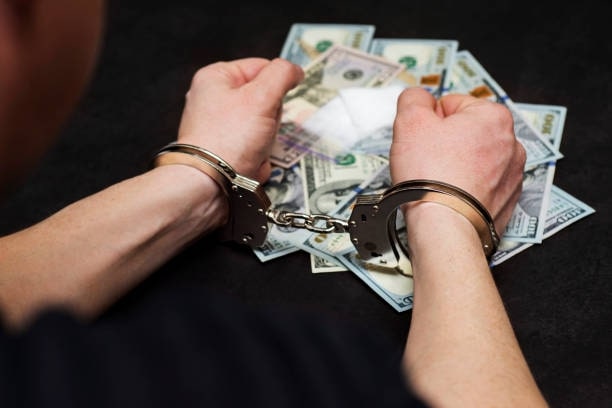
It’s distressing but important to be aware that fake police officers exist in Thailand, especially in tourist areas. They may approach unsuspecting travellers, claim to be law enforcement, and accuse them of wrongdoing.
These impostors may demand payment of fines or threaten legal consequences.
How to Avoid It: If approached by someone claiming to be a police officer, ask for identification and contact the local police hotline or visit the nearest police station to verify their credentials.
Avoid handing over money or personal belongings without proper verification.
Cheap Tailor Scams

Thailand is renowned for its skilled tailors and custom-made clothing. However, not all tailors deliver on their promises.
Some dishonest establishments may use low-quality materials or provide poorly tailored garments despite promising exceptional quality.
How to Avoid It: To avoid falling into this trap, research reputable tailors beforehand and read reviews from previous customers. Visit the tailor’s shop in person to inspect the quality of fabrics and craftsmanship.
Also, clearly communicate your expectations and specifications, and if something feels suspicious or too good to be true, trust your instincts and consider seeking alternatives.
Wrong Change / Wrong Note Scam
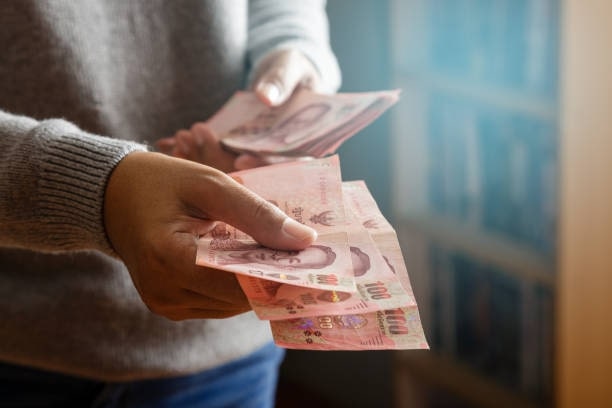
When paying for goods or services in Thailand, be cautious of the wrong change or wrong note scam.
Some vendors may intentionally give you incorrect change or switch a higher denomination note with a lower one when you’re not paying close attention.
This prevalent scam often takes place in popular tourist areas, particularly at convenience stores like 7-Eleven and Family Mart.
How to Avoid It: Count your change carefully and familiarize yourself with Thai currency denominations. If possible, pay with smaller bills or exact change to minimize the risk of receiving incorrect change.
“Special” Massage Parlours in Touristy Areas

In popular tourist areas, you may come across massage parlours offering “special” or “extra” services. It’s important to note that these establishments often engage in illegal activities and exploitation.
If you’re seeking a legitimate massage experience, choose reputable and licensed spas or massage centres.
They prioritise your well-being and adhere to professional standards.
How to Avoid It: Read reviews from trusted sources, check their licences or certifications if applicable, and gather information about their reputation and credibility.
“Lucky” Buddha Amulet Scams
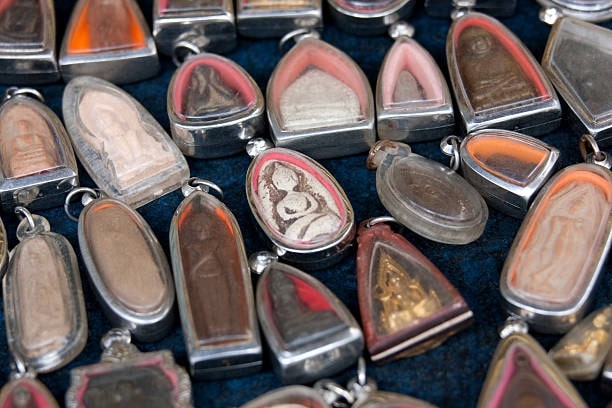
While exploring local markets or temples in Thailand, you might encounter sellers offering “lucky” Buddha amulets. Some of these amulets may be counterfeit or of poor quality, despite being presented as sacred or powerful.
How to Avoid It: To protect yourself from falling into this scam, buy amulets from reputable sources, such as authorized temples or reputable shops specializing in religious artefacts.
You can also seek guidance from knowledgeable locals or experts to ensure you’re purchasing genuine and culturally significant items.
The Drinks and Menus Scam

In certain tourist areas, particularly nightlife hotspots, some bars or restaurants may engage in the drinks and menus scam.
They might offer attractive prices on menus or drinks, but when it’s time to settle the bill, they add hidden charges or inflated prices.
How to Avoid It: Carefully review the menu prices before ordering, ask about any additional charges, and check the bill thoroughly before making payment.
If you suspect discrepancies, politely discuss the issue with the staff or consider dining at establishments with transparent pricing policies
Phoney Charity and Donation Requests
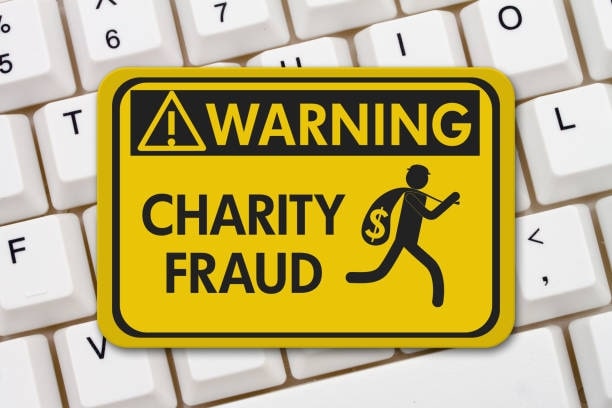
Thailand, like many other countries, has its share of phoney charity and donation scams. Individuals may approach you, claiming to represent charitable organizations or causes, and ask for donations.
Also, be aware of fraudulent individuals or groups who impersonate legitimate emergency or distress hotlines to deceive unsuspecting victims.
They may provide false information or claim to be in urgent need of financial assistance, exploiting people’s willingness to help during emergencies.
It’s important to exercise caution and verify the legitimacy of such requests.
How to Avoid It: If you wish to contribute to charitable causes, research reputable organizations beforehand and consider donating directly to established charities rather than individuals on the street.





